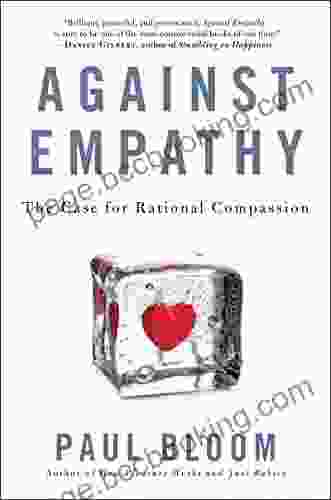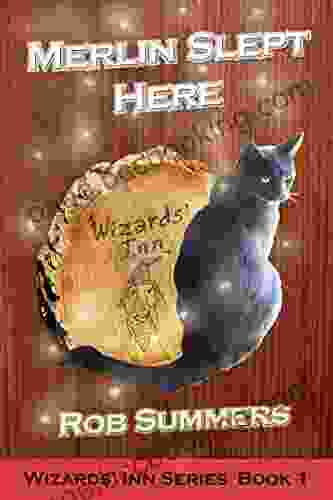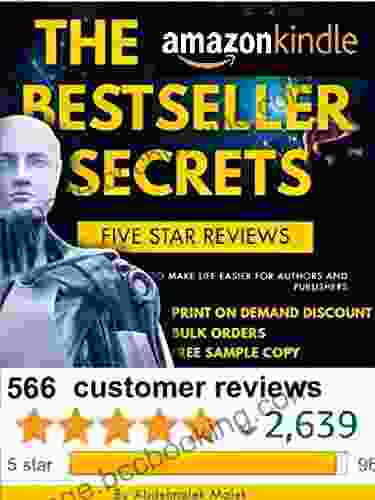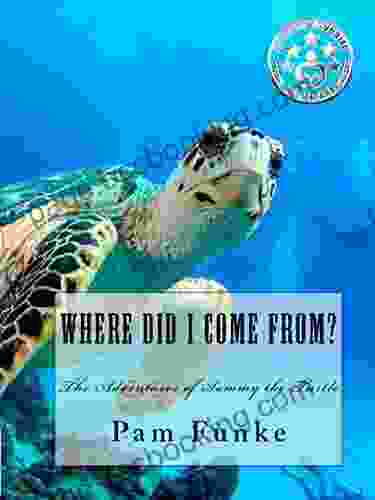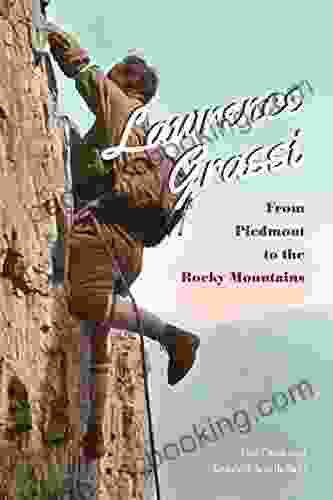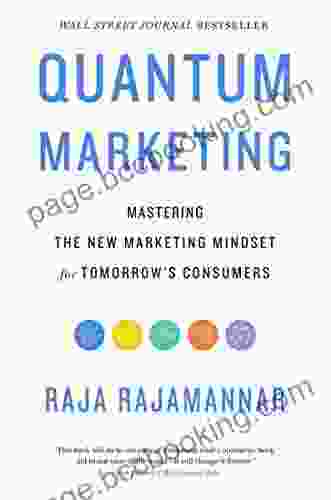Against Empathy: The Case for Rational Compassion

4.4 out of 5
| Language | : | English |
| File size | : | 1688 KB |
| Text-to-Speech | : | Enabled |
| Screen Reader | : | Supported |
| Enhanced typesetting | : | Enabled |
| X-Ray | : | Enabled |
| Word Wise | : | Enabled |
| Print length | : | 266 pages |
In his groundbreaking book, Against Empathy, Paul Bloom argues that empathy is overrated and can actually lead to harmful decisions. He proposes instead a more rational approach to compassion, one that is based on reason and evidence.
Bloom begins by defining empathy as the ability to share the feelings of another person. He argues that empathy is a powerful emotion, but it is also a limited one. We can only empathize with people who are similar to us, and even then our empathy is often incomplete. As a result, empathy can lead us to make biased and unfair decisions.
For example, Bloom cites a study that found that people were more likely to donate money to a homeless person if they were told that the person was a veteran. This is because people empathize more with veterans, who are seen as deserving of help. However, the study also found that people were less likely to donate money to a homeless person if they were told that the person was a drug addict. This is because people do not empathize as much with drug addicts, who are seen as responsible for their own misfortune.
Bloom argues that this type of bias is common in our everyday decision-making. We are more likely to help people who are similar to us, and we are less likely to help people who are different from us. This can lead to discrimination and inequality.
Bloom also argues that empathy can lead us to make impulsive decisions. When we empathize with someone, we are more likely to act on our emotions without thinking things through. This can lead to mistakes and regrets.
For example, Bloom cites a study that found that people were more likely to donate money to a charity if they were shown a picture of a suffering child. This is because people empathize with the child and want to help. However, the study also found that people were less likely to donate money to the charity if they were given more information about the charity's track record. This is because people were less likely to donate money when they thought about the charity's effectiveness.
Bloom argues that this type of impulsive decision-making is common in our everyday lives. We are more likely to make decisions based on our emotions than on reason.
Bloom concludes by arguing that we need to move beyond empathy and adopt a more rational approach to compassion. He proposes a new approach to compassion that he calls "rational compassion." Rational compassion is based on reason and evidence, and it takes into account the needs of all people, not just those who are similar to us.
Bloom argues that rational compassion is a more effective and ethical approach to helping others. It allows us to make decisions that are based on evidence and reason, and it helps us to avoid the biases and impulsive decision-making that can result from empathy.
Against Empathy is a challenging and thought-provoking book that will change the way you think about compassion. Bloom's arguments are persuasive, and he offers a compelling alternative to the traditional view of empathy. If you are interested in making a difference in the world, this book is a must-read.
4.4 out of 5
| Language | : | English |
| File size | : | 1688 KB |
| Text-to-Speech | : | Enabled |
| Screen Reader | : | Supported |
| Enhanced typesetting | : | Enabled |
| X-Ray | : | Enabled |
| Word Wise | : | Enabled |
| Print length | : | 266 pages |
Do you want to contribute by writing guest posts on this blog?
Please contact us and send us a resume of previous articles that you have written.
 Book
Book Novel
Novel Page
Page Chapter
Chapter Text
Text Story
Story Genre
Genre Reader
Reader Library
Library Paperback
Paperback E-book
E-book Magazine
Magazine Newspaper
Newspaper Paragraph
Paragraph Sentence
Sentence Bookmark
Bookmark Shelf
Shelf Glossary
Glossary Bibliography
Bibliography Foreword
Foreword Preface
Preface Synopsis
Synopsis Annotation
Annotation Footnote
Footnote Manuscript
Manuscript Scroll
Scroll Codex
Codex Tome
Tome Bestseller
Bestseller Classics
Classics Library card
Library card Narrative
Narrative Biography
Biography Autobiography
Autobiography Memoir
Memoir Reference
Reference Encyclopedia
Encyclopedia Paul Knipple
Paul Knipple Paul Oliver
Paul Oliver Peter A Koenig
Peter A Koenig Paul Austin Ardoin
Paul Austin Ardoin Pat Mills
Pat Mills Susan Eisenberg
Susan Eisenberg Penelope Freed
Penelope Freed Sara Campbell
Sara Campbell Timothy S Susanin
Timothy S Susanin Romuald Fons
Romuald Fons Patrick Syme
Patrick Syme Paul Tukey
Paul Tukey Paris Woods
Paris Woods Stuart Smith
Stuart Smith Patti Smith
Patti Smith Mirka Andolfo
Mirka Andolfo Patty Lennox
Patty Lennox Linda Booysen
Linda Booysen Paulette F C Steeves
Paulette F C Steeves Patrick Pissang
Patrick Pissang
Light bulbAdvertise smarter! Our strategic ad space ensures maximum exposure. Reserve your spot today!
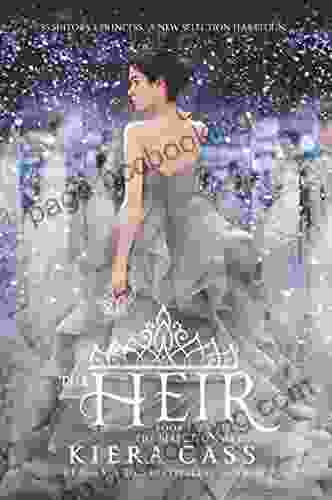
 Brenton CoxThe Heir: The Selection Book Review - A Captivating Conclusion to a Thrilling...
Brenton CoxThe Heir: The Selection Book Review - A Captivating Conclusion to a Thrilling... Tony CarterFollow ·3.7k
Tony CarterFollow ·3.7k David PetersonFollow ·13k
David PetersonFollow ·13k Arthur MasonFollow ·8.7k
Arthur MasonFollow ·8.7k Wayne CarterFollow ·7.6k
Wayne CarterFollow ·7.6k Isaiah PriceFollow ·7.9k
Isaiah PriceFollow ·7.9k Jimmy ButlerFollow ·19.5k
Jimmy ButlerFollow ·19.5k Elmer PowellFollow ·3.4k
Elmer PowellFollow ·3.4k Melvin BlairFollow ·11.1k
Melvin BlairFollow ·11.1k
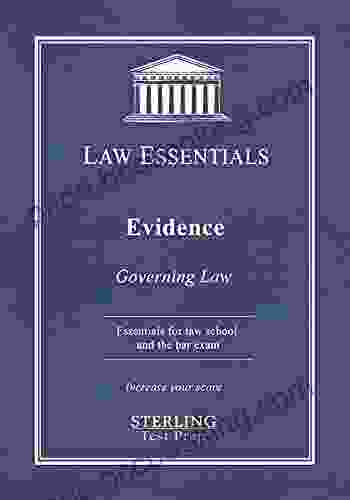
 Marvin Hayes
Marvin HayesGoverning Law for Law School and Bar Exam Prep: Your...
Unlock the Secrets of...
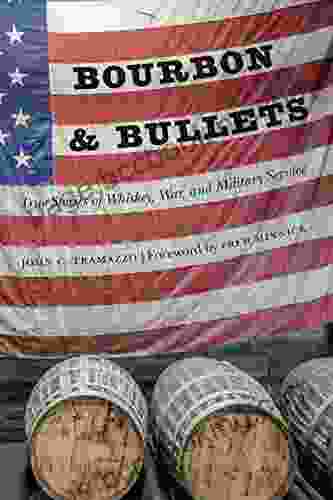
 Sidney Cox
Sidney CoxUnveiling the Epic Tales of Whiskey, War, and Military...
In the tapestry of history,...
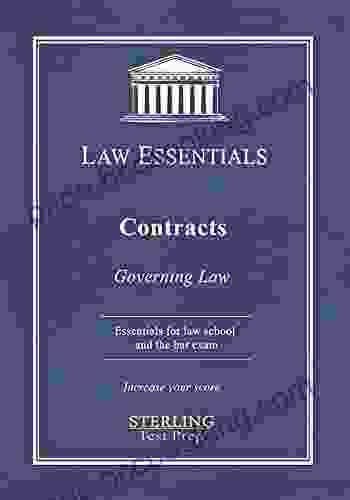
 Victor Turner
Victor TurnerGoverning Law for Law School and Bar Exam Prep: The...
What is Governing...
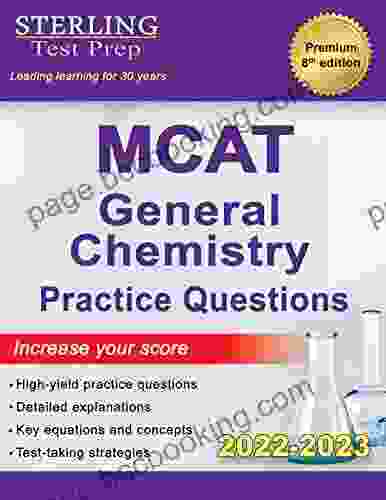
 Robert Browning
Robert BrowningSterling Test Prep MCAT General Chemistry Practice...
: Embark on Your MCAT General Chemistry...
4.4 out of 5
| Language | : | English |
| File size | : | 1688 KB |
| Text-to-Speech | : | Enabled |
| Screen Reader | : | Supported |
| Enhanced typesetting | : | Enabled |
| X-Ray | : | Enabled |
| Word Wise | : | Enabled |
| Print length | : | 266 pages |


